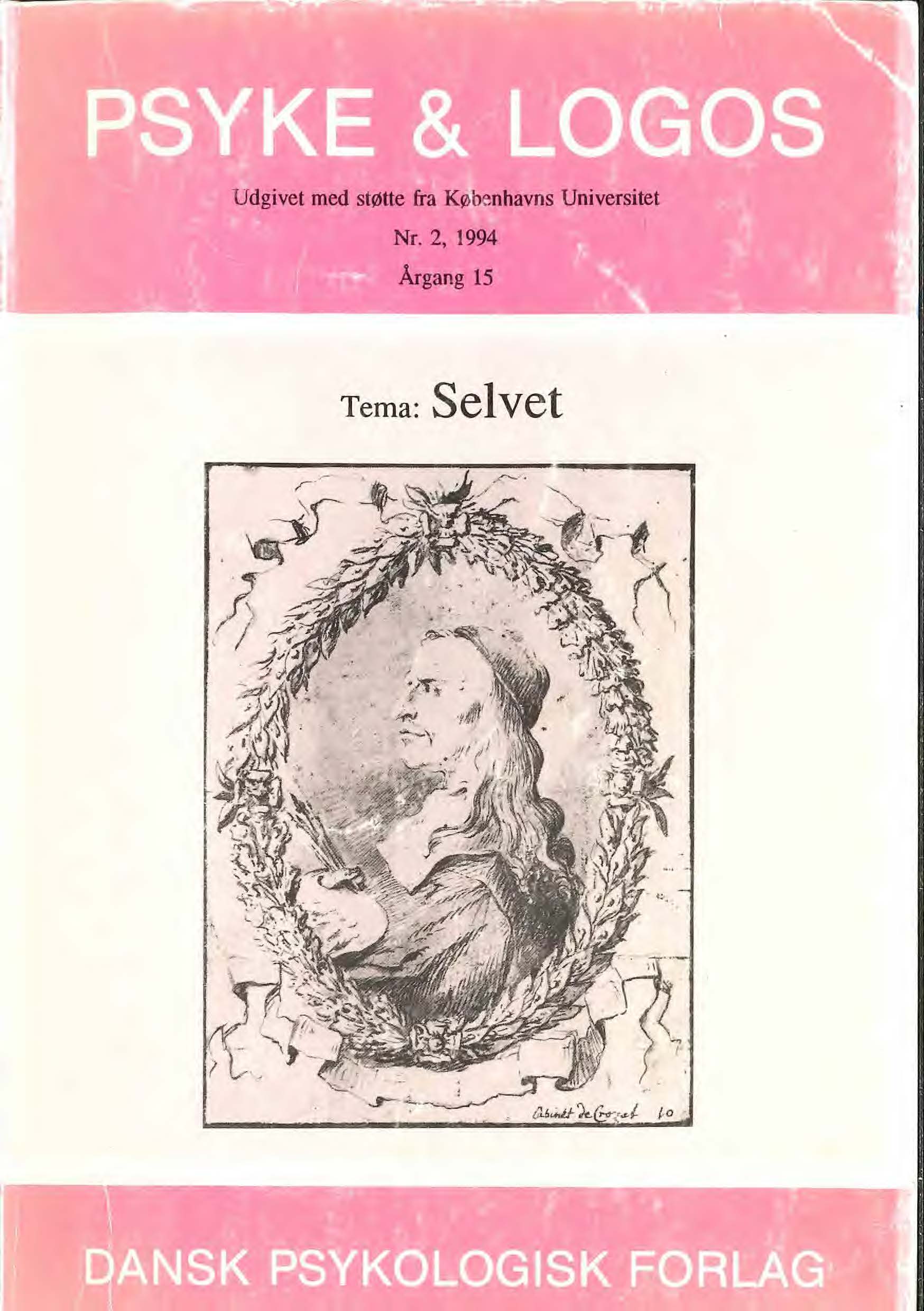Selvets idéhistorie
DOI:
https://doi.org/10.7146/pl.v15i2.135803Abstract
The Self in the history of ideas is dosely attached to the development of the concept of the soul (versus the body; dualism) and the individual personality as it happened in the Greek Antiquity. Since Socrates and his philosophy of knowing yourself the rational potential is strongly focused on (reaching its dimax by Spinoza and Locke), and by Jesus/the Christianity the meaning of conscience is introduced and at the same time the selfish (qua egoistic selfishness) is being tabooed. In Søren Kierkegaard a synthesis appears that emphasizes both the ethical (the consciousness) and the impassioned of the Self, that is defined as »a relationship that relates itself to itself«. Finally the de- and reconstruction of the Self in the psycoanalysis (Freud) and the existentialism (Sartre/Camus) is discussed.
Downloads
Published
How to Cite
Issue
Section
License
Ophavsret er tidsskriftets og forfatternes. Det er gældende praksis, at artikler publiceret i Psyke & Logos, som efterfølgende oversættes til andet sprog, af forfatteren frit kan publiceres i internationale tidsskrifter, dog således at det ved reference fremgår, at den oversatte artikel har et forlæg i en dansksproget version i Psyke & Logos. Artikler kan frit deles og linkes til på forsknings- og undervisningsnetværk (så som Blackboard). Link foretrækkes, fordi det giver oplysning om brug af tidsskriftets artikler.




